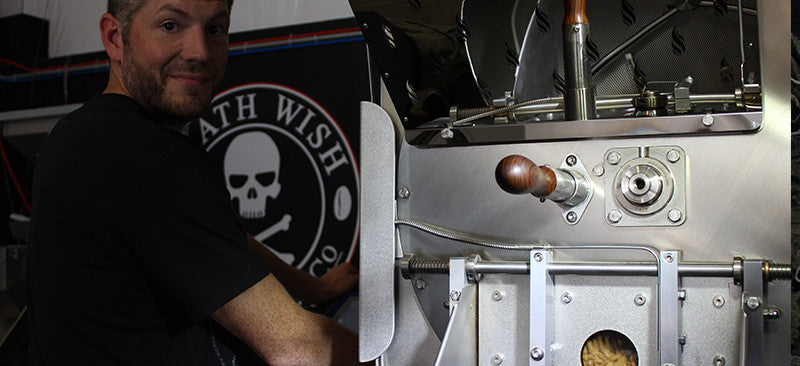
Why People Leave Better Paying Jobs to Pursue a Career in the Coffee World
LifestyleNo-- baristas aren't just "in between jobs"
Despite being guided to find a job that you love rather than a job that will run you into the grave, many roasters and baristas are asked what their next career move is. Working in the coffee field is a lifelong career for many skilled professionals.
Reputable shops require extensive training by professionals, or in the hands of the distinguished courses put on by the Specialty Coffee Association of America. The stigma of the "college barista" remains, and some say it comes with the job, but it's a stigma that should be done away with.
Everyone knows the joke about how a liberal arts degree will score you a gig as a barista. As many times as that has been laughed at, there are an equal number of people buying coffee from that very barista, savoring every moment in the coffee shop before leaving to go yo a job that they hate.
There is growth potential, even at the bottom
There are jobs that people wouldn't even think of-- many of which can be entered with lower-level coffee experience. Many green coffee buyers, professional roasters, and baristas have climbed their way from mopping floors and doing dishes to get to where they are in the coffee world.
Anomander, a moderator on the popular third-wave coffee board r/coffee, communications strategist turned coffee professional, chimes in: "People's wildly varying relationships with coffee are one of my favorite things about all this."
There's a complexity that other careers just don't have
Coffee is as complex as its customers-- with about 85% of the population drinking coffee, the wants and needs of coffee drinkers change as much as our fashion and food habits. There are teams of research and development awaiting the next best thing, many of them tasting new coffees and shaping the trends budding in the coffee world.
"I love what I do, and the challenges do seem to stay dynamic - there's no winning single formula for blending or roasting, so there's tons of learning to be had even from just within the coffees we own and work with directly."
The industry is required to keep up with these changes, while keeping up with the changes that are out of our control. Coffee rust and lack of rain can create jobs for scientists and destroy them for plantation workers. Unexpected circumstances like these create a need for extremely skilled green coffee buyers and roasters that are able to adapt on the drop of a dime.
The risk, thrill of competition
Similar to a career in artistry, coffee is extremely competitive. While it is a fairly easy market to get into, finding a financially strong career in coffee takes a tremendous amount of experience and skill. Not everyone makes it.
"I remain very worried about it. Coffee is an awful job market, and I'm not sure if I'm burning time in an industry that may not have space for me if this opportunity were to fold. And the longer I spend in coffee, the further "behind" I fall compared to competitors in communications."
It seems that everyone is getting into coffee, and the more the merrier-- with such a saturated array of skilled workers, the coffee industry is constantly improving. The bags are getting better, the grinders are becoming more consistent and the coffee brewing mechanisms are becoming more complex. Of course, there are risks with investing time into a career against stiff competition that may end fruitless.
A good, old fashioned passion for coffee
Perhaps for some, it's the science behind the smell of coffee reducing stress, or possibly the hundreds of different job opportunities in coffee that keep people in the relatively low-paying field. For most, it's simply the absolute infatuation with coffee itself-- and like the art industry, a true passion is a necessity to make it to the next level.
